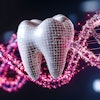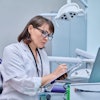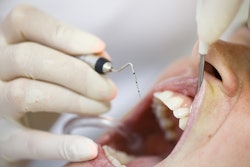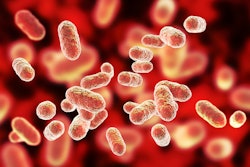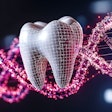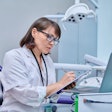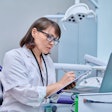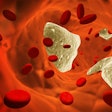Streptococcus mutans (S. mutans), the oral bacteria known for causing caries, may play a role in the development of Parkinson’s disease, according to researchers from the Pohang University of Science and Technology.
Furthermore, S. mutans may migrate from the mouth to the gut and was found in higher levels in the gut microbiome of patients with Parkinson’s disease, according to a university research highlight dated September 22.
“Our study provides a mechanistic understanding of how oral microbes in the gut can influence the brain and contribute to the development of Parkinson’s disease,” Ara Koh, an assistant professor and doctoral candidate at the university, said in the story.
In mouse models, researchers introduced S. mutans into the gut to express its enzyme urocanate reductase (UrdA). It led to elevated levels of the metabolite imidazole propionate (ImP) in both blood and brain tissue.
The mice developed Parkinson’s-like symptoms, including the loss of dopaminergic neurons, heightened neuroinflammation, impaired motor function, and increased accumulation of alpha-synuclein, a protein linked to disease progression. S. mutans produced UrdA and ImP, which were also found at higher levels in the gut and blood of Parkinson’s patients, according to the story.
ImP could enter systemic circulation, reach the brain, and contribute to neuronal loss. Further experiments revealed that these harmful effects relied on activation of the signaling complex mammalian target of rapamycin complex 1 (mTORC1). When mice were treated with an mTORC1 inhibitor, neuroinflammation, neuronal loss, alpha-synuclein buildup, and motor dysfunction were all significantly reduced.
The research points to the oral-gut microbiome as a target to combat Parkinson’s disease, according to the story.
“It highlights the potential of targeting the gut microbiota as a therapeutic strategy, offering a new direction for Parkinson’s treatment,” Koh said.

